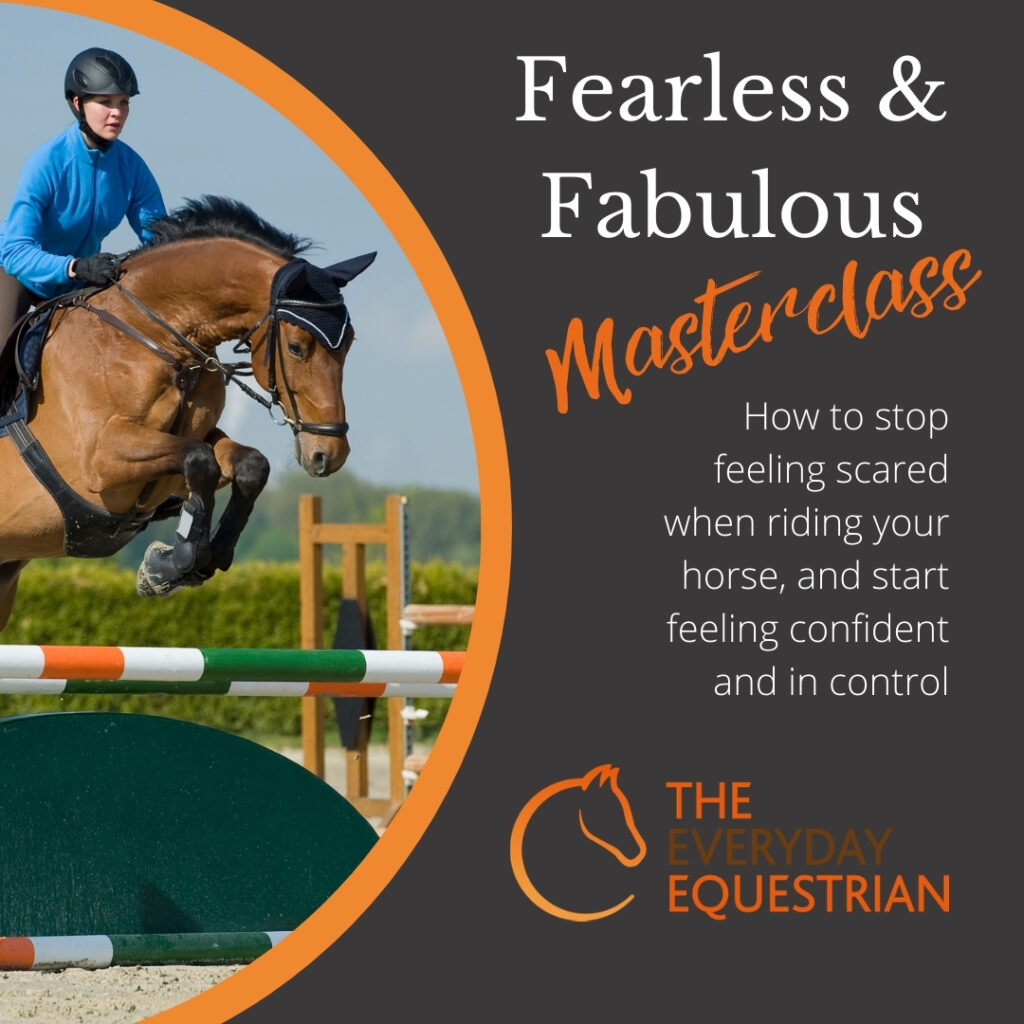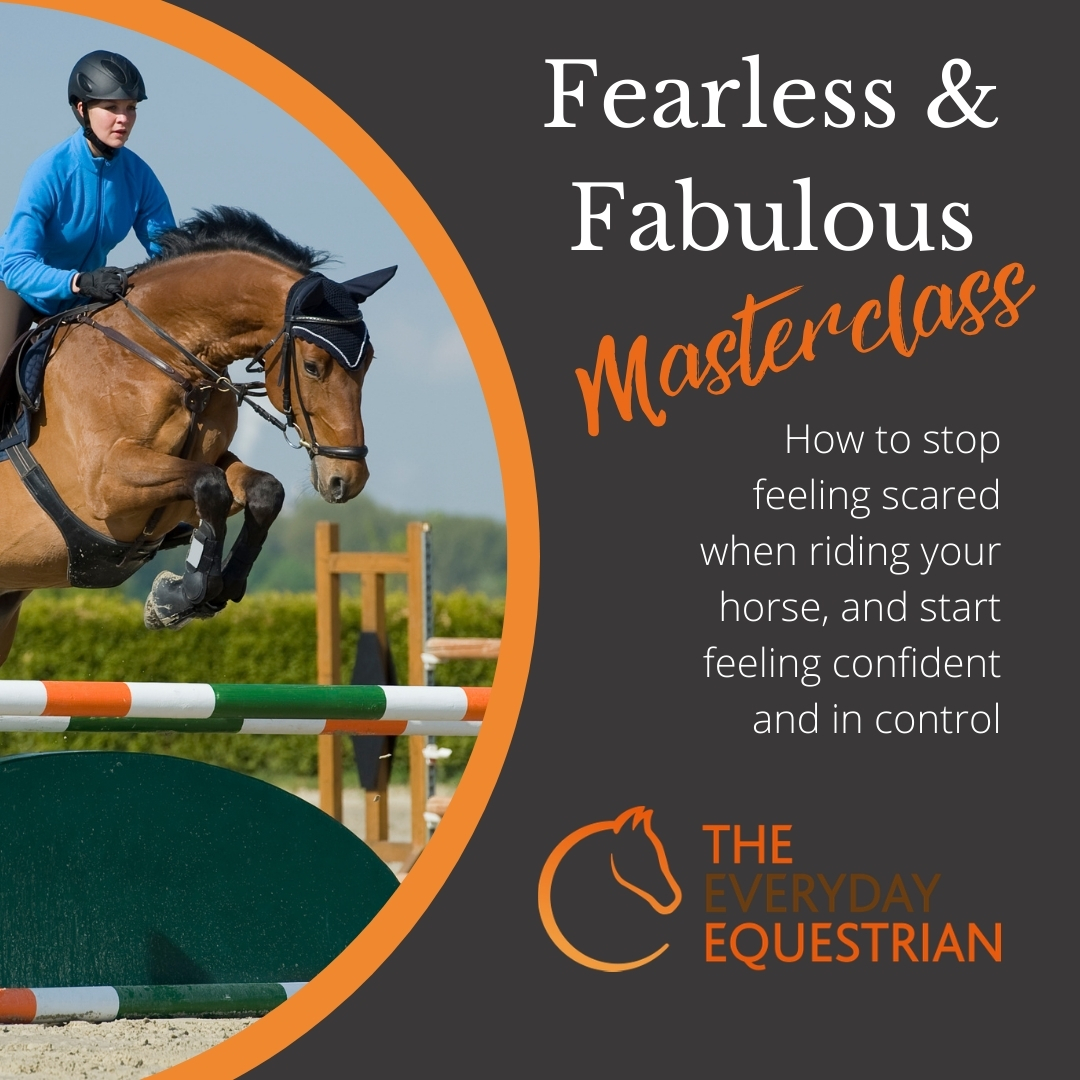Have you ever wondered how horseback riding can help build confidence? It’s a fascinating topic that many people don’t often think about. In this article, we’ll explore the role that horseback riding plays in building confidence and how it can positively impact your self-esteem. So, saddle up and get ready to learn more about this amazing sport!
Horseback riding is more than just sitting on a horse and going for a ride. It requires balance, coordination, and communication with the horse. When you’re able to successfully guide a powerful animal like a horse, it can instill a sense of accomplishment and boost your self-confidence. Additionally, riding a horse can help improve your posture and balance, which can also contribute to your overall confidence and self-assurance.
In our upcoming articles, we’ll delve deeper into the specific ways that horseback riding can build confidence. We’ll discuss the trust and bond that forms between rider and horse, the physical and mental benefits of riding, and the sense of empowerment that comes from mastering new skills. So, stay tuned and get ready to learn even more about the incredible role that horseback riding plays in building confidence!

The Role of Horseback Riding in Building Confidence
Introduction to Horseback Riding
Horseback riding is an ancient and beloved activity that has been around for thousands of years. It is not only a recreational sport but also a form of therapy that offers numerous physical, mental, and emotional benefits. One of the most significant advantages of horseback riding is its role in building confidence. Whether you are a beginner rider or an experienced equestrian, interacting with horses can have a transformative effect on your self-assurance and overall well-being.
Benefits of Horseback Riding
Physical Benefits
Engaging in horseback riding provides various physical benefits. The act of riding itself requires the use of core muscles, improving posture and stability. As you guide and control your horse, you strengthen your leg and arm muscles. Additionally, horseback riding is a low-impact cardiovascular exercise that engages your cardiovascular system and increases your stamina. These physical improvements not only enhance your overall fitness but also contribute to your self-confidence.
Mental Benefits
Horseback riding also offers numerous mental benefits. It requires focus, concentration, and problem-solving skills as you navigate obstacles, communicate with your horse, and perform different riding techniques. The act of riding helps improve cognitive abilities such as coordination, memory, and spatial awareness. Moreover, spending time with horses in a serene environment can alleviate stress, reduce anxiety, and enhance your mental clarity, positively affecting your overall well-being.
Emotional Benefits
Interacting with horses can have a profound impact on your emotional well-being. Horses are highly intuitive animals and can sense a range of emotions. They provide a safe and non-judgmental space for individuals to express their feelings and form genuine connections. The bond developed with a horse can foster a sense of acceptance, empathy, and emotional stability. This emotional connection and the sense of companionship contribute to increased self-confidence and a positive outlook on life.
Development of Confidence
Horseback riding plays a vital role in the development of confidence. From the moment you mount a horse, you are encouraged to overcome fears, push your limits, and take risks. As you master riding skills and become more comfortable in the saddle, your self-assurance grows. The ability to control and communicate with such a powerful animal instills a sense of accomplishment and empowers you to face challenges outside the riding arena. This newfound confidence can have a significant impact on various aspects of your life.
Development of Responsibility
Caring for a horse and being responsible for its well-being is an integral part of horseback riding. Whether it’s grooming, feeding, or maintaining the horse’s living environment, taking care of a horse teaches responsibility. This responsibility extends beyond the riding aspect and instills a sense of commitment, discipline, and dedication. By learning to prioritize the needs of your horse, you develop a strong work ethic and a sense of accountability, fostering self-confidence and personal growth.
Enhancement of Communication Skills
Effective communication is essential when interacting with horses. Horses rely heavily on non-verbal cues and respond to the subtlest of gestures. As a rider, you learn to communicate with your horse through body language, voice commands, and reins. This heightened awareness and understanding of non-verbal communication transfer into your interactions with other individuals. Horseback riding enhances your ability to read and interpret non-verbal cues, improving your communication skills and the way you connect with others.
Boosting Self-esteem
The journey of learning and mastering horseback riding can significantly boost self-esteem. As you progress in your riding skills, receive positive reinforcement from instructors, and achieve personal goals, your self-confidence soars. Overcoming challenges, such as conquering a fear of jumping or executing a difficult dressage maneuver, instills a sense of pride and self-worth. The recognition of your accomplishments within the equestrian community further enhances your self-esteem and bolsters your overall confidence in your abilities.
Building Trust and Connection
Horses are incredibly perceptive and have the unique ability to sense emotions and intentions. Building trust and establishing a connection with a horse requires patience, consistency, and understanding. Through the process, you develop skills in empathy, intuition, and emotional intelligence. The bond formed between horse and rider is built on mutual trust and respect. This connection not only strengthens your confidence in working with horses but also translates to your relationships with humans, fostering deeper connections and building trust in your personal life.
Empowerment Through Independent Riding
As your riding skills improve, you may progress to independent riding, which involves riding without the guidance of an instructor or trainer. This level of autonomy can be incredibly empowering as it places you solely in control of your horse. Independent riding allows you to make decisions and take responsibility for your actions, providing a sense of self-reliance and autonomy. The ability to navigate a horse on your own reinforces your confidence in your abilities and enhances your problem-solving skills.
Creating Memories and Overcoming Challenges
Horseback riding is filled with memorable experiences and challenges. Whether it’s exploring scenic trails, competing in equestrian events, or learning new riding disciplines, each experience contributes to your personal growth. Overcoming challenges, such as conquering a fear of falling or executing a challenging riding maneuver, builds resilience and fortifies your self-confidence. These memorable moments and achievements become a testament to your capabilities, providing a constant reminder of your strengths and bolstering your confidence in facing future challenges.
Therapeutic Effects of Horseback Riding
Horseback riding is not only an adventurous activity but also a therapeutic one. Equine-assisted therapy has been used to help individuals with physical, cognitive, and emotional disabilities. The rhythmic movement of a horse stimulates the rider’s muscles and joints, promoting physical rehabilitation. Moreover, the bond formed between the rider and the horse during therapy sessions can have a profound impact on emotional well-being, reducing anxiety, and improving overall mental health. The therapeutic benefits of horseback riding contribute significantly to building confidence and fostering personal growth.
Conclusion
Horseback riding holds a significant role in building confidence, empowering individuals, and fostering personal growth. The physical, mental, and emotional benefits that accompany time spent with horses are invaluable. Riders develop not only riding skills but also gain a profound understanding of themselves and the world around them. The transformative effects of horseback riding extend beyond the arena and have a lasting impact on multiple aspects of one’s life. So, saddle up, embrace the adventure, and let horseback riding lead you on a journey of self-discovery and empowerment.
